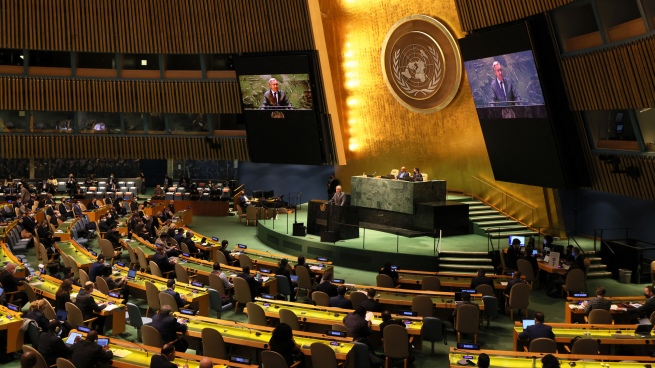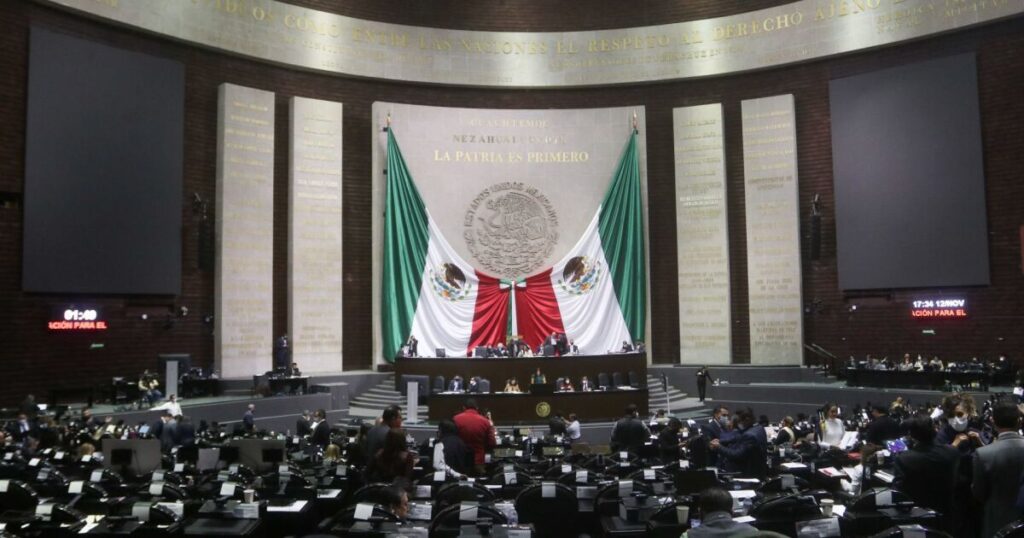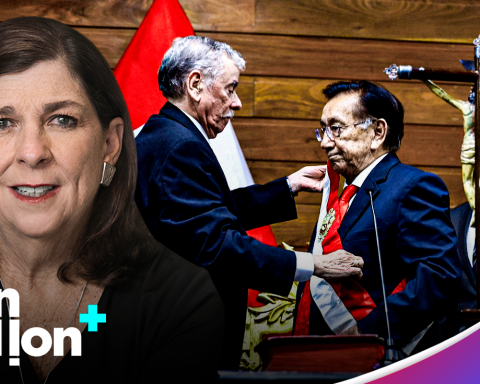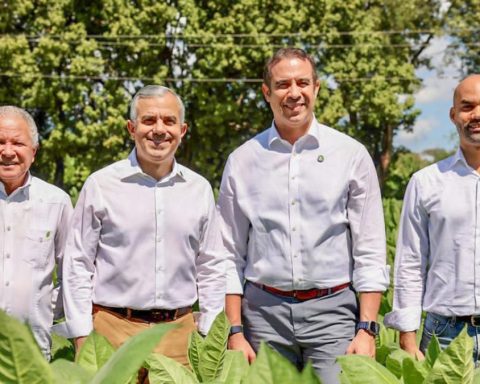Cuba, Venezuela and Nicaragua attacked this Tuesday against the “double standards” of the international community that tries in the UN General Assembly to approve a resolution condemning the Russian invasion of Ukraine.
The three countries, allies of Russia in the region, justified Russia’s concern about the expansion of NATO to the former Soviet republics.
The most forceful was the Cuban ambassador to the UN, Pedro Pedroso Cuesta, for whom the resolution that failed last Friday in the Security Council due to the veto of Russia itself, and the one that the General Assembly plans to vote on this Wednesday in the afternoon, does not “take into account the legitimate concerns of all parties” to the conflict.
“It is not possible to rigorously and honestly examine the current situation in Ukraine without carefully assessing the factors that have led to the use of force”, such as the American “dedication” to continue NATO’s advance towards the borders of the Federation of Russia and the “delivery of modern weapons” to Ukraine that are equivalent to “a military fence,” considered the Cuban representative, according to the AFP agency.
“It is not possible to achieve peace by surrounding and cornering the states,” he warned before stating that “Cuba rejects the hypocrisy and double standards” of the international community, a term, the “double standards”, also used by the representative of Nicaragua, Jaime Hermida Castillo.
“The UN cannot be used to deepen conflicts”said for his part his Venezuelan counterpart, Samuel Moncada, whose country will not be able to vote as it accumulates a debt of around 40 million dollars with the UN.
This Tuesday, the president of Venezuela, Nicolás Maduro, expressed his “strong support” for his Russian counterpart, Vladimir Putin, during a telephone call six days after the Russian invasion of Ukraine, while the Russian ambassador in Caracas affirmed that both countries maintain the air connection.
Since the invasion began, Russia has used the “legitimate defense” provided for in Article 51 of the United Nations Charter to justify the invasion and repeats that “it did not start this war.”
“These military operations were initiated by Ukraine against the inhabitants of Donbass (the separatist region in the east of the country) and against all those who did not agree with it”the Russian ambassador, Vassily Nebenzia, defended the day before the General Assembly.
On the other hand, a dozen countries, including Argentina, Colombia, Chile, Costa Rica, Ecuador, Uruguay, Panama, Guatemala, Peru and Paraguay are part of the nearly one hundred co-sponsors of the resolution presented by the Europeans and Ukraine that has in order to condemn the Russian invasion.
Meanwhile, Bolivia on Tuesday rejected Russia’s special military operation in Ukraine but at the same time denounced actions by other powers grouped in NATO that put international security and peace at risk.
“Bolivia (…) firmly rejected and rejects all the invasions and unilateral actions carried out by various powers in recent history, violating international law and the United Nations charter itself, and an example of this is Afghanistan, Iraq, Libya, Syria, Palestine and today Ukraine”Bolivian ambassador to the UN, Diego Pary, was quoted as saying by the Russian news agency Sputnik.
After the initial reaction of the Foreign Ministry of La Paz, which last week lamented the military escalation in Ukraine but did not mention Russia, Pary’s speech before the UN Assembly was the first time that Bolivia explicitly condemned the special military operation of Moscow.
Since last February 24, the conflict has resulted in the exodus of more than 677,000 people to border countries and 102 civilian deaths and 304 injuries, according to the UN, although the body recognizes that the balance may be much higher.
For Mexico, which together with France promotes a resolution in the Security Council on the humanitarian situation on the ground with little chance of progress, the crisis revealed the inconsistencies of a system born in 1945 that has not been renewed one iota.
“It is reprehensible from every point of view” that a country with the right to veto (China, the United States, Russia, France and Great Britain) can resort to this prerogative in a case that directly concerns them, as is the case with Russia, which until now On February 28, he was also temporary president of the Security Council, said Mexican ambassador Juan Ramón de la Fuente.
In any case, the fact that the meeting in the General Assembly is “the first time in decades” in this format shows the exceptional nature of the situation and the “frustration of the international community due to the paralysis of the Security Council to take a decision in favor of peace,” recalled Chile.

















